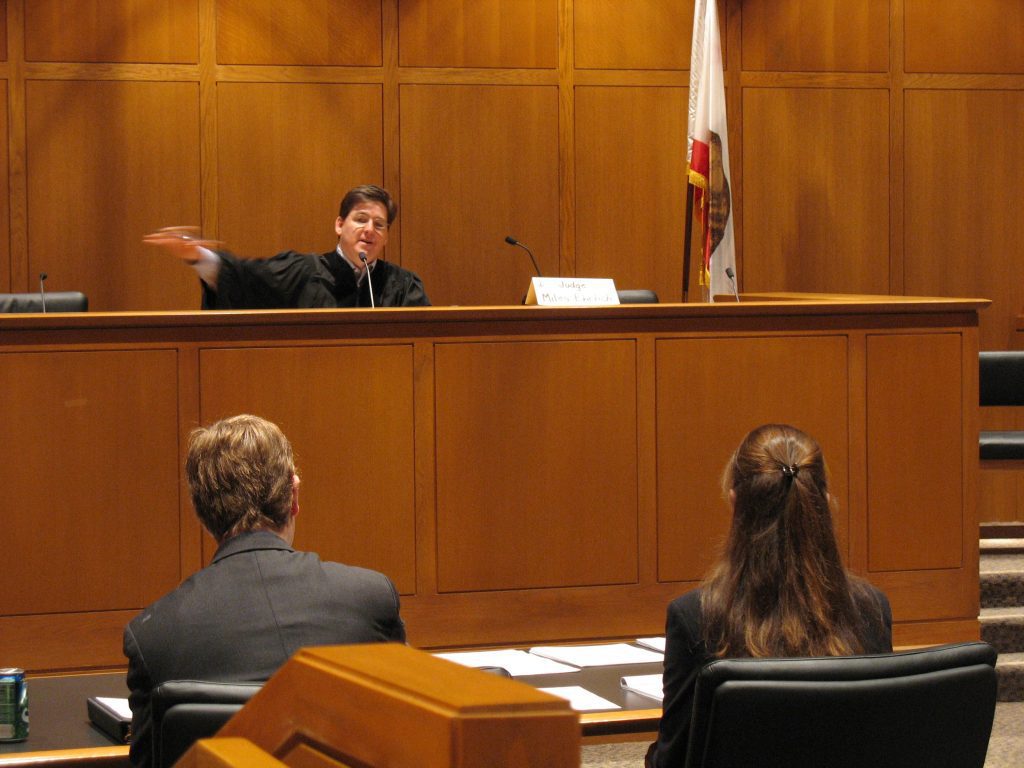We received a heartbreaking message a few days ago from a woman who wanted to be kept up to date on her husband’s case. It’s not particularly rare for a wife to want to stay up to date on her husband’s case. But this woman’s message made it clear that this wasn’t for her or her husband. It was for their kids. She wanted to do whatever she could to keep them up to date on when their dad would be home.
This is the sad reality of our criminal justice system. Even if you have no sympathy at all for the men and women behind bars, it’s impossible to overlook the pain and challenges that their loved ones, especially their kids, face while they’re away. Unfortunately, most courts aren’t all that concerned about that pain and those challenges. And, most of the time, courts won’t go out of their way to keep you up to date.

Question: Will a court keep me up to date on my loved one’s case?
Answer: Probably not.
As a general rule, court employees aren’t going to go out of their way to keep family members up to date on their loved one’s case. This is especially true when their loved one is a defendant in a criminal case. Folks regularly complain that our state and federal judicial systems don’t have enough resources. So, they’re not inclined to use those that they do have for something like this.
That does not mean, of course, that it’s impossible to stay up to date with a criminal case. Some courts have very user-friendly systems online that allow you to follow criminal cases. Some courts also have online systems that allow you to sign up for notifications about specific cases. Finally, if you’re the victim in a case, many courts have programs in place that stay in touch with the victim throughout the case.
Question: Does it help my loved one if family members show up in court?
Answer: It depends.
Whether it helps to show up at your loved one’s court dates is a complicated issue. This specific woman’s question involved a bail hearing. In some ways, showing up to support your loved one can be helpful. On numerous occasions, we’ve seen family members and friends show up at bail hearing and promise to hold their loved one accountable. For some judges, this is absolutely a good thing.
But, for other judges, it does the opposite. Judges get annoyed by having people, especially emotional people, in their courtroom. In fact, we’ve even seen cases where judges use the willingness of family members to help against the defendant. In a somewhat conspiratorial way, judges will hypothesize that these family members pledging to help hold their loved one accountable will actually help them escape.

Question: Do judges even care that children want to be with their parents?
Answer: Maybe. But it might not feel like it.
If you’ve ever been a defendant in a criminal case as a parent, the spouse of a defendant or a defendant’s child, you know how little judges seem to care about your relationship. In most cases, judges are inclined to blame the defendant for the pain and challenges you’ll go through. Maybe that makes sense in theory. But, as a child, you shouldn’t be responsible for your parent’s mistakes.
Earlier this week, for example, Slate published a story about a judge who handcuffed the defendant’s 13-year-old daughter just to send her a “message.” This is the kind of power judges have (or at least think they have). They can have anyone they want handcuffed on a whim, including a crying 13-year-old girl who the judge went on to call “an awfully cute young lady.”
The Takeaway:
Our criminal justice system is far from perfect. And it’s unfortunately filled with a lot of people with often unchecked power who have egos. These are the considerations you have to keep in mind when you think about staying up to date with your loved one’s criminal case and attending hearings. Supporting your loved one is absolutely crucial, and we encourage you to do it. But we also want you to be careful when you’re helping your loved one — in court and in prison.






